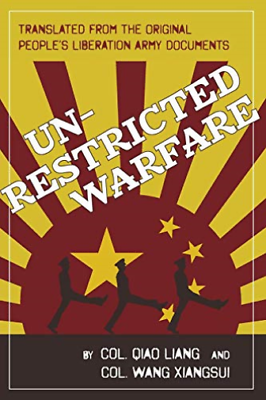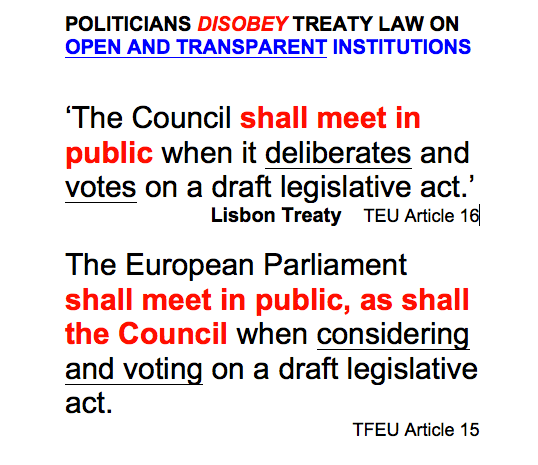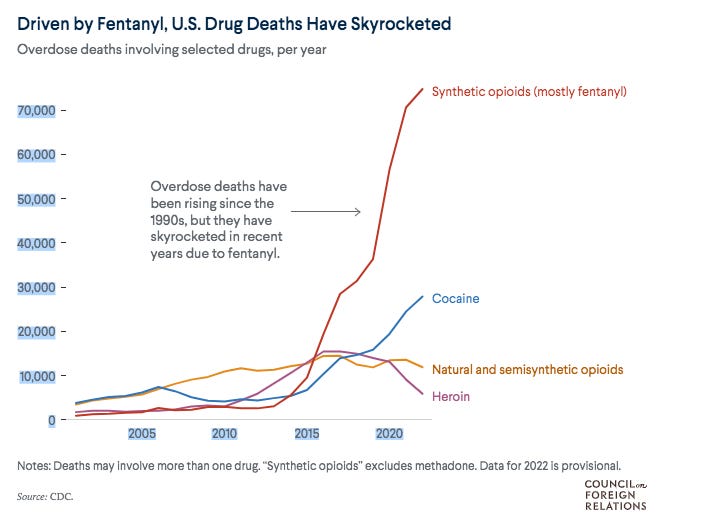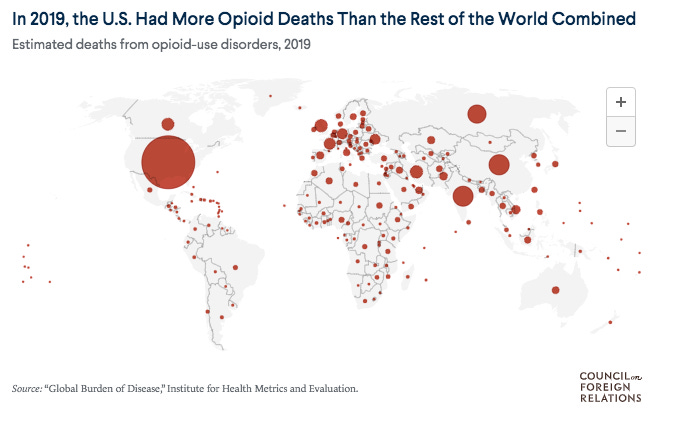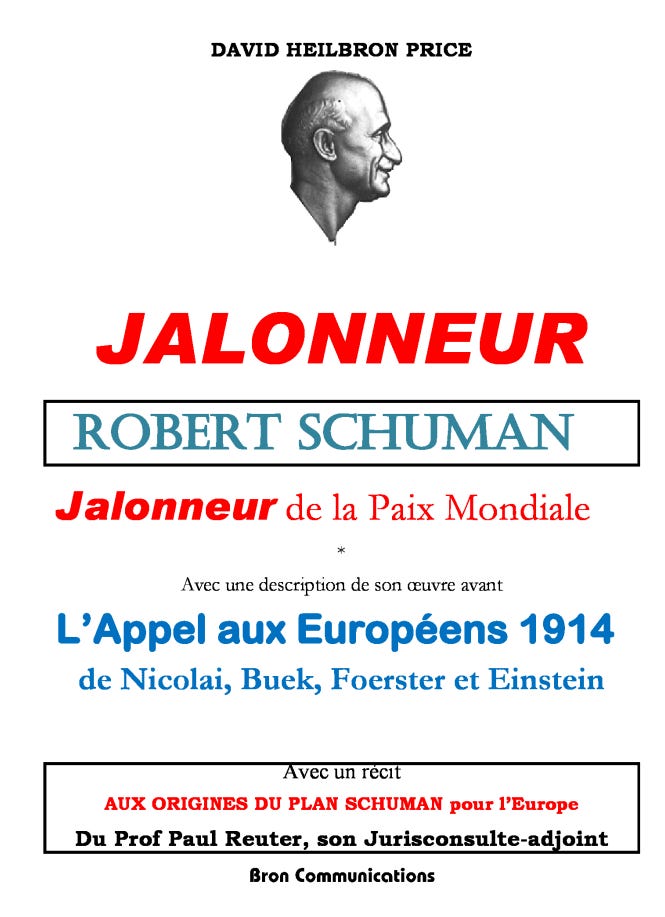
Chinese leaders willingly killed off 30 million in a Great Leap Forward.
Should Europeans treat Chinese Communist leaders as good ecologists? What's their plot?
In Brussels they’re talking about the size of logs and wood chips in wood-burning stoves. Wow! Think of the extra carbon if the odd wood chip does not fulfil EU ‘planet-saving’ regulations. Would a few oversized wood-chips be a disaster for the planet?
Get a sense of proportion!
In China they’re laughing their heads off. The stupid European leaders are measuring milligrams of soot, and imposing meticulous regulations. China have good reasons to stop European access to cheap energy at all costs. The European economy is crashing for lack of its own energy resources or hyper expensive external imports.
The Chinese military doctrine is to attack and subvert growth by any means possible without going to hot war. Unrestricted Warfare. Tie Europe up in its own knots.
Meanwhile the Chinese are producing mountains of soot and carbon as if their life depended on it. The life and continuation of the Chinese Communist party probably does depend on coal soot. Health of the common Chinese people is of little consequence to their goals.
What is their main priority?
The Chinese Communist Party is in absolute control of 1.4 billion people. It is in command of its energy policy. It has signed up to the Paris Climate Agreement on carbon reduction. So it can command and demand the whole population save the planet by reducing carbon. It is in absolute control of their own wood chips.
And coal. Not to mention gas. Russian imported gas and oil.
Wouldn’t the European ideologists love to have this power? What is the Communist ecological command strategy?
Dig more coal!
Buy more coal!
Burn more coal!
Coal is Communist
Is the Chinese Communist Party worried about wood-burning stoves? Not a bit. They are focused on coal-burning power plants. They want more and more. They outstrip all other nations in the construction of them. Ever thought why?
Today, 93 percent of all coal-burning plants in the whole world being built are Chinese. All the other coal-burning plants in the world make up that that miniscule missing 7 percent. And the odd wood chip? Don’t give it a thought!
China is the biggest producer of coal in the world. It is the biggest burner of coal in the world. It is generating more electric power from coal than any other country in the world.
Doesn’t it seem a little ridiculous that Europeans shut down high-grade, anthracite coal mines, essential for steel making, as if one mine would make a hill of beans difference to the planet’s atmosphere?
The atmosphere in China? The fogs and smogs close down Beijing and major cities regularly. So Chinese insistence on Paris Carbon goals is not a matter of caring for their own people. The Chinese leadership are in a ruthless race for the mastery of the world. This can’t be done without Fossil POWER.
They want to turn the West into fossils.
If they can’t get enough coal, they burn Russian gas. Imports are skyrocketing.
Energy, cheap energy access, is the fundamental requisite of world power. Fossil power fires industrial power. Strategic industries dominate world commerce. You subvert other nations once you have established trade relations. You build ports and access points in all strategic navigation chokepoints. You learn from the experience of the British empire and the Americans. Control the Panama to stifle USA and let the friendly Houthis block the Suez to Europe.
Act internally on opponents. You paralyse them by saying they are not saving the planet! They burn coal and Russian gas! Shame on Europe!
Mao industrialized the proletariat
Chairman Mao wanted to move China from a rural, agricultural economy to a industrial one. That was a motive of his Great Leap Forward that got all the peasants trying to produce iron ingots in their backyard. It turned out to be a disaster. An estimated 30 million died of starvation. No worry. The lesson was learned.
The basic idea remained: use industry to dominate globalized politics.
Problem: The Chinese did not know how to create heavy industries or even modest power plants.
Answer? Get the West to teach us and expend their capital on Chinese infrastructure. A bonus occurred in 2002. The Eurocrats had by then replaced open democracy principles to Chinese style closed door politics. They demolished the European Coal and Steel Community which had tariff defences and powerful anti-dumping measures. It had the means to restructure the steel and energy industries against foreign predators.
China bribed western industries to settle in China. It made cheap regimented personnel available. It stole patents by making the surrender of commercial secrets and patents a condition. Western politicians appeased their corrupt consciences together with their industrialist partners by saying that prosperity would make China into a democracy.
They were wrong.
How do we know? Did China release the Covid plague on the West?
“I’ve been on record … in saying I think our intelligence, our science, and our common sense all really dictates that the origins of COVID was a leak at the Wuhan Institute of Virology,” John Ratcliffe, head of CIA said. Expect more data to be released.
Apologists argue it was not biological warfare. Then take a look at this tactic.
China makes the precursors of Fentanyl, a drug massively imported through Mexico and Canada. Chinese Communists are again totally in control. More young people have died of Fentanyl than in the Vietnam war. It is being blended into other products, even prescription drugs and unobtrusively in sweets for youngsters. It is the biggest killer of Americans between 18 and 45 years. Two milligrams, the equivalent of ten to fifteen gains of salt, are lethal.
Fentanyl, a super-powerful opioid, is making headways into Europe.
But there is less need to cripple Europe’s military-aged population. Europe’s leadership is green and supple. The economy is in massive decline. It cannot defend itself without USA, as it has become a US protectorate.
Parallel to that, Europe has brought in millions of immigrants, some openly hostile to Judeo-Christian values, others attracted by social benefits, some genuinely temporary refugees. This has strained all aspects of society such as housing, hospitals and social services.
While Europe has taken on this burden, did Europe’s leaders ask China to share the load? China’s failed economy has left it with a billion or more empty houses and offices after a burst building boom. One Chinese official is quoted as saying that even an extra 1.4 billion population would not fill the empty property.
Oh! The wasted carbon in the concrete! Oh! the lost forests!
Did Chinese Communists propose to share their dwellings with their comrades from Syria, Africa, Pakistan and India? Immigrants could repopulate entire empty cities of China.
Are Chinese leaders good democrats? The Chinese have elections of sorts. What was their behavior to the democrats of Hong Kong who wanted freedom of expression promised by the British? Learn the lesson about their contractual honesty.
Atomic Attack
The Soviet Union and the Chinese Communists combined to oppose, firstly atomic weapons in Europe, and then all atomic energy. They stirred up the revolutionary spirit in European universities and brought sometimes violent demonstrations to the streets.
They built a massive propaganda movement. They were at the organizing center of all the revolutionary rallies and demos. Former revolutionaries then became a major stratum of the European political, financial and industrial elites. A former Maoist headed the European Commission.
Now that atomic energy is green (it emits no carbon) but atomic power plants are being shut down, where are they now? Are they the same crowds who today want to stop coal and gas?
If so, why do these ecological revolutionaries not turn against the biggest burners of coal and gas, the Chinese? If Russian gas is killing the planet, why not denounce the Chinese uptake of coal and gas? Where is the logic? Where is the consistency?
The answer to these questions should reveal who are naive among Europe’s leaders.
Geopolitical Ineptitude or Strategy?
Geopolitical consequences were the last consideration of Europe’s failed leaders. They buried the democratic innovations Robert Schuman brought in to make war in Europe ‘not only unthinkable but materially impossible.’ Which of the EU leaders can describe how this supranational system would work to create peace across the entire European Continent including Ukraine, Belarus and Russia? Even less find someone who is active in implementing it? The Energy Vector was the means to create peace for the entire Continent. Instead the Eurocrats turned it into a vector for war.
They have not only not understood communist-style geopolitics. On the contrary they have acted in a way to encourage their deception as willing dupes. They have cut off Europe’s natural energy supplies, whether atomic, gas, oil or coal. Instead of remedying the situation, Brussels is spending its energy fending off criticism of its wood chip policy.
Under President Richard Nixon, USA succeeded in breaking the communist bond that linked the USSR and Communist China. Brussels has now succeeded against the interest of Europeans in bringing Russia and China into a BRICS alliance against Europeans. China also brought Shi’ite Iran in as a main importer of its oil and therefore funder of its jihadi terror system. Marx and the Mahdi are joined in battle.
Their common goal? To see the end of the West and Judeo-Christian civilization. That is not a natural position for post-Soviet Russia or Ukraine. Russia sells its gas now to China at knock-down prices that some say are unsustainable margins. It is not sure how long this squeezing can continue. The Russian populations that border the Siberian pipeline to China see nothing of the gas or profits. Nor do they expect to. They heat their homes on wood or where available coal.
Post-Communist Russia expressed its desire to join the western mainstream again. Then along came Biden’s war machine wanting to sell arms everywhere around Russia. Now Russia is the EU’s darkest enemy and Ukrainians are angels.
Visionary Alternative
Schuman’s vision was for the European Continent to build up its democratic forces by supranational institutions. On 9 May 1950 he declared to the surprise of journalists that post-Communist Russia, Ukraine and Belarus could be part of a new entity called EUROPE. This New Europe was open to all peoples of East and West ‘willing to take part’.
A Democratic Europe combined with a democratic North America would ensure world peace on a dimension never seen in world history. The rule of Law would replace the rule of War. The elements of war like energy and steel would instead become devoted to the works of peace.
The unique institutions with proper elections as defined in the treaty would also make war not only unthinkable but materially impossible for Russia, Ukraine and Belarus.
End the Fog!
If you are approaching Shanghai for a visit, better take a helicopter.
More urgent.
Brussels needs to blow its foggy geopolitical thinking away!

